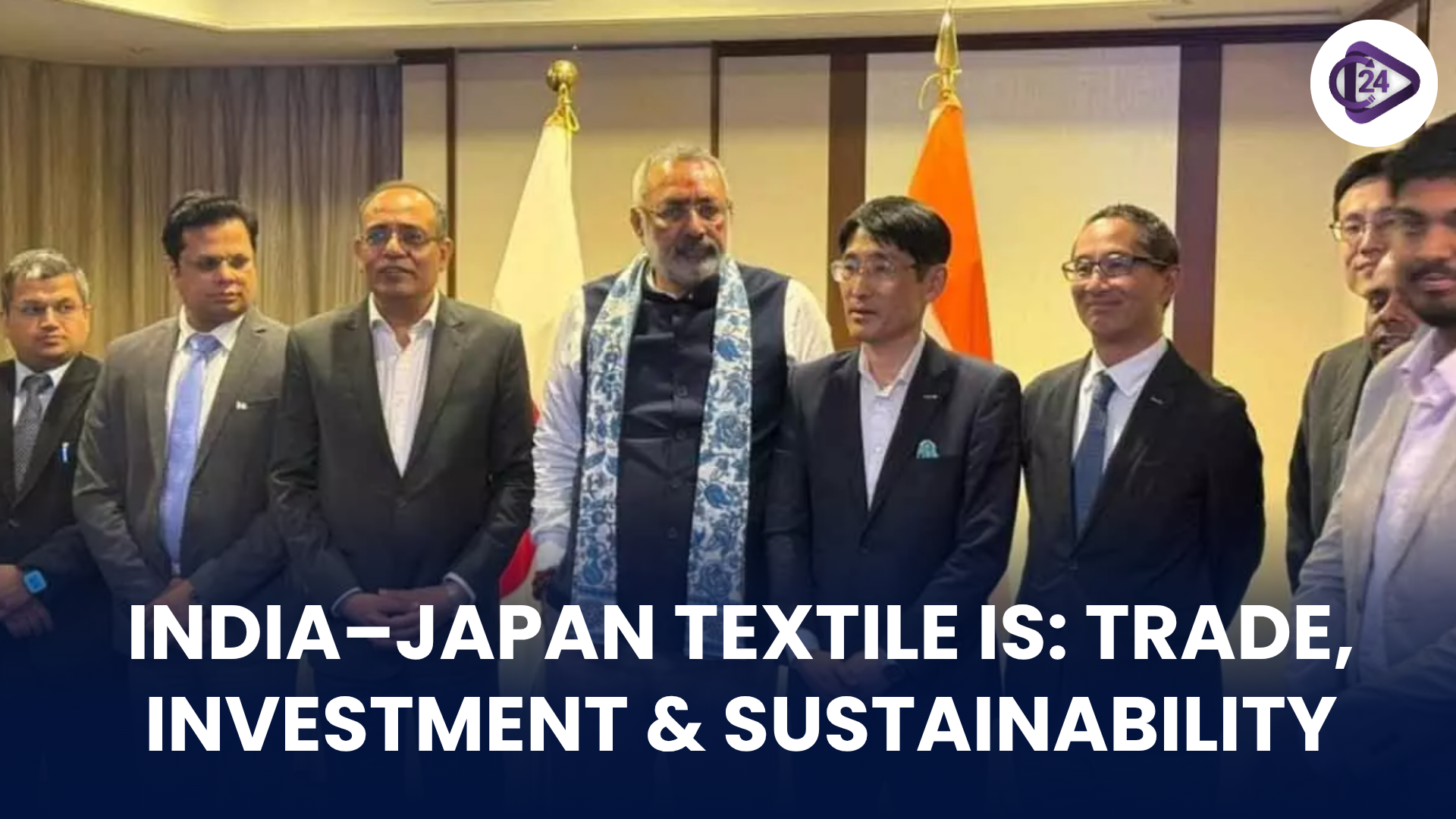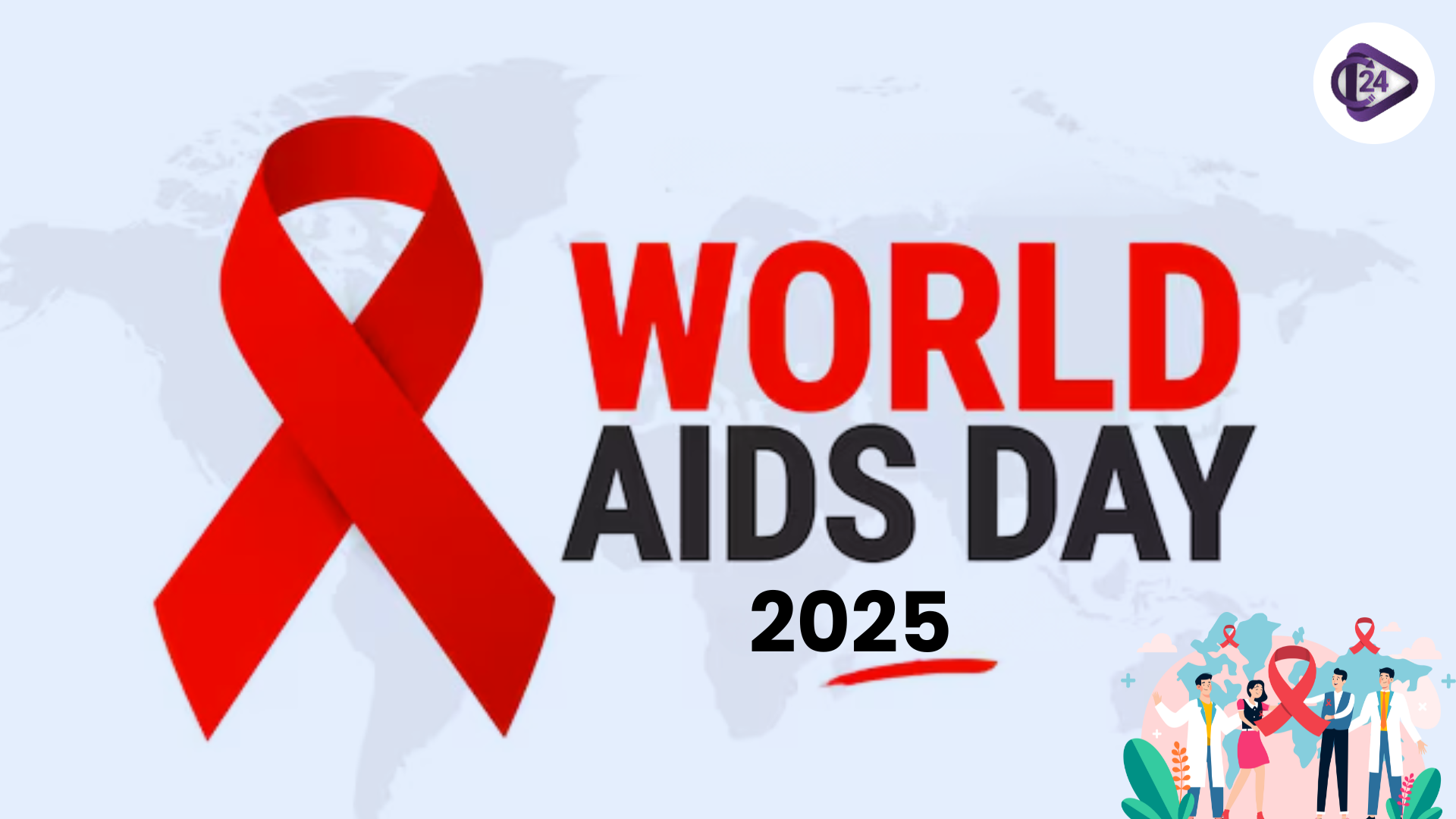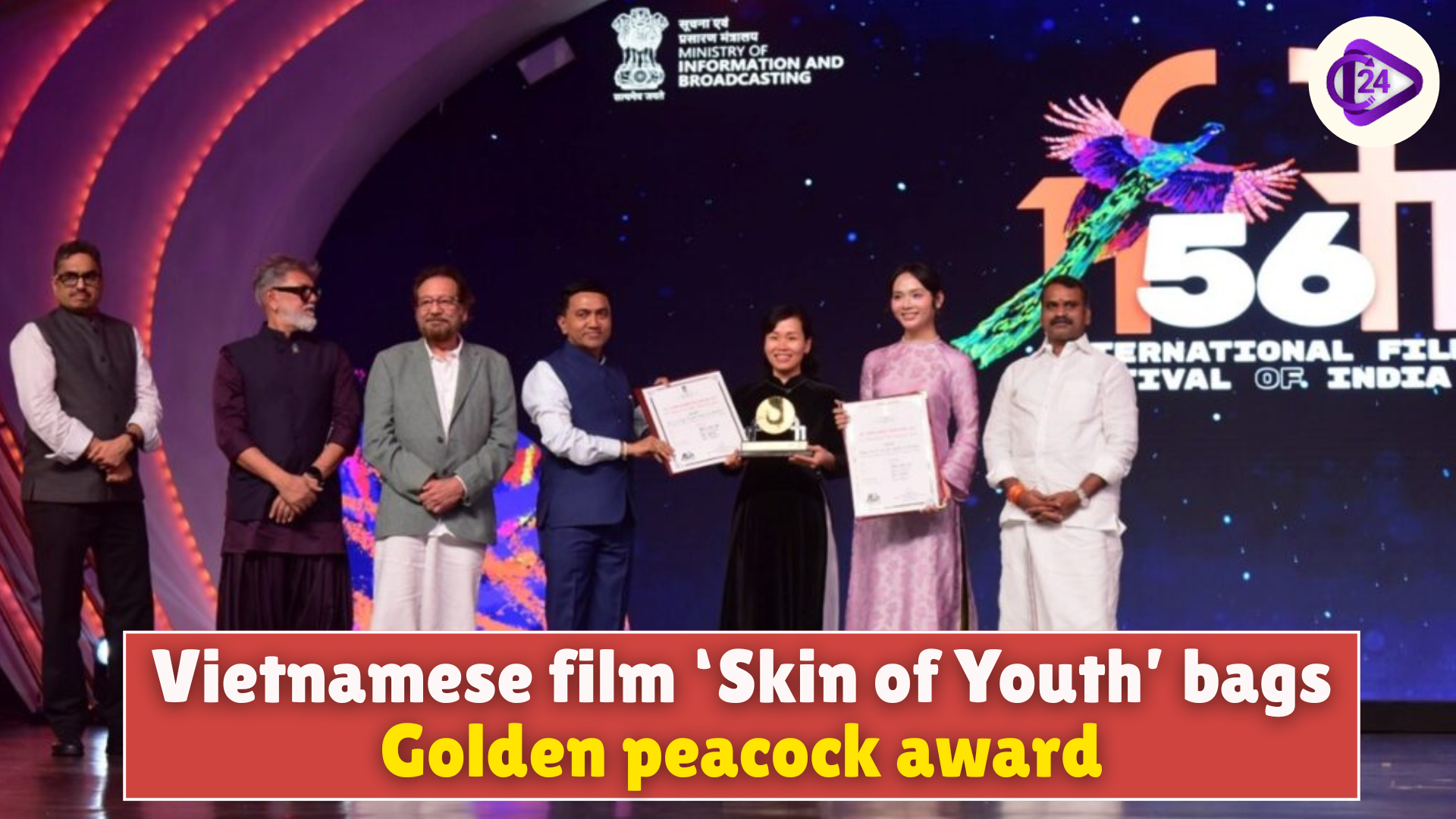
India and Japan, whose economic partnership agreement, that is, Comprehensive Economic Partnership Agreement (CEPA) was signed in 2011, have further extended cooperation in the field of textile through trade and investment as well as in the dimension of skill development and sustainability. The bilateral activity is one of the moves to make India more competitive in the global value chains and help the Japanese invest in the Indian textile infrastructure.
Context
-
India and Japan who have signed the final economic partnership agreement, in other words Comprehensive Economic Partnership Agreement (CEPA) in 2011 have not only expanded cooperation in the area of textile through trade and investment but also in the aspect of developing skills and sustainability.
Key Points
Current Trade Status
-
The exports of India textile and apparel to Japan(2024) stood at 354 million dollars.
-
The overall imports of textile and apparel to Japan: World, $30,873 million
-
Gap in trade: Nevertheless, with the positive effect that CEPA has brought, India enjoys a share of less than 2% in the textile import market in Japan, which is indicative of unexplored potential.
Important Activities and Trends
1. CEPA (Comprehensive Economic Partnership Agreement) -2011
-
The target is to minimize the tariff and non-tariff barriers.
-
Tries to make the trade process streamlined and eliminates structural problems.
-
Favors further opening up of the Japanese market to Indian exporters.
2. Recent high-level Delegation to Japan (2025)
-
Events organised with major Japanese companies in:
-
Apparel
-
Textile machinery
-
Technical textiles
-
Fabric processing
-
-
Japanese companies were asked to invest in PM MITRA Parks in India to get plug-and-play textile infrastructure in India.
Flagship Indian Government Schemes to Boost Textile Sector
|
Scheme |
Objective |
|
PM MITRA Parks |
Create world-class integrated textile infrastructure with common services, utilities, and sustainability |
|
PLI Scheme for Textiles |
Promote large-scale manufacturing in MMF fabric, MMF apparel, and technical textiles |
|
RoDTEP & RoSCTL |
Provide tax and duty refunds to encourage textile exports |
|
SAMARTH Scheme |
Skill development in textiles, especially for women and youth |
Sustainability Push ESG Taskforce
-
The Ministry of Textiles has come up with an ESG Taskforce.
-
Goal: Assist the Indian textile industry to shift to production with sustainability and resources efficiency.
-
Focus on:
-
Green technologies
-
Water-efficient dyeing
-
Practices of a circular economy
-
-
Consultations of stakeholders are undertaken regularly to discuss problems of adopting ESG norms.
India- Japan Capacity Building in Quality Management
-
Human resource development projects in India are organized by Association of Overseas Technical Cooperation and Sustainable Partnerships (AOTS) under the ministry of economy, trade and industry (METI) of Japan.
-
The Japanese System of Quality Evaluation is the main focus.
-
Indian textile officers were trained in hubs such as:
-
Mumbai
-
Kolkata
-
Jaipur
-
Tirupur
-
Bilateral Textile Trade Problems
-
Japanese non-tariff barriers are mostly in technical specifications, and quality standards.
-
Inability and ignorance of branding and market awareness of Indian textile products to the Japanese.
-
The small Indian exporters encounter challenges due to language and procedures.
-
Specifically, not much investment has taken place by Japanese companies in the Indian textile manufacturing sector to date.
The Strategical significance of Japan in Indian Textile policy
-
Japan is a market with high value where there is an importance of quality and sustainability.
-
As the cost of production in China is increasing and it is facing population problems, India is potentially well placed as an attractive alternative supply partner.
-
Cooperation is in tandem with the Indian ideology of export growth with Atmanirbhar Bharat.
Way Forward
-
Promote bilateral institutional dialogue by creating the Japan-India Textile Cooperation Forum.
-
Encourage the sharing of high-tech textiles joint ventures and R&D.
-
Establish a rapid customs system of clearing of textile products to Japan.
-
Create a brand of Textile India-Japan assuring quality exportation.
-
Encourage ESG certification standards based on Japanese standards.
Conclusion
India-Japan textile relationship can be seen as an economic policy convergence of sustainability issues and commercial opportunities between the two nations. India will be able to capture a major pie of Japan's textile imports using well-established agreements such as CEPA and new platforms such as PM MITRA. Both countries have sustainability and skill development as their common principles, and a sustainable textile relationship could thus be constructed.



 Donald Trump Receives First FIFA Peace Prize
Donald Trump Receives First FIFA Peace Prize International Civil Aviation Day 2025 – Everything About the History, Theme and Its Importance
International Civil Aviation Day 2025 – Everything About the History, Theme and Its Importance Netflix to buy Warner Bros Discovery's Studios, Streaming Unit for $72 Billion
Netflix to buy Warner Bros Discovery's Studios, Streaming Unit for $72 Billion Russia to Join India-led International Big Cat Alliance
Russia to Join India-led International Big Cat Alliance India, Maldives Begin 14th Edition of Exercise Ekuverin 2025
India, Maldives Begin 14th Edition of Exercise Ekuverin 2025 World AIDS Day 2025
World AIDS Day 2025 Riyadh Metro Breaks Guinness World Record as Longest Driverless Metro Network
Riyadh Metro Breaks Guinness World Record as Longest Driverless Metro Network Vietnamese Film ‘Skin of Youth’ Bags Golden Peacock Award
Vietnamese Film ‘Skin of Youth’ Bags Golden Peacock Award India Launches Operation Sagar Bandhu to Support Sri Lanka After Cyclone Ditwah
India Launches Operation Sagar Bandhu to Support Sri Lanka After Cyclone Ditwah Jakarta Becomes World’s Most Populous City In 2025
Jakarta Becomes World’s Most Populous City In 2025






